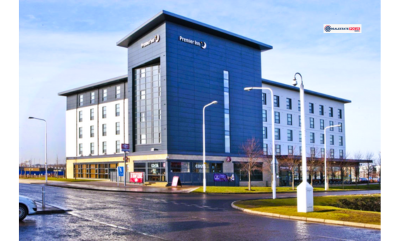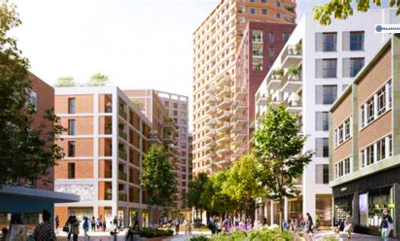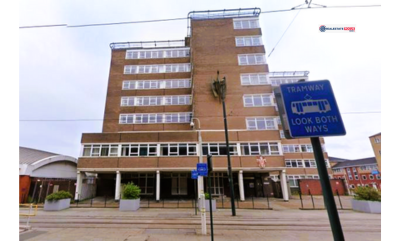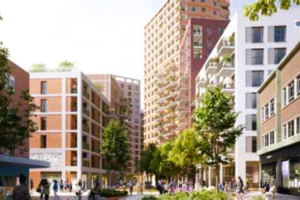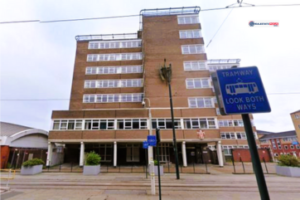
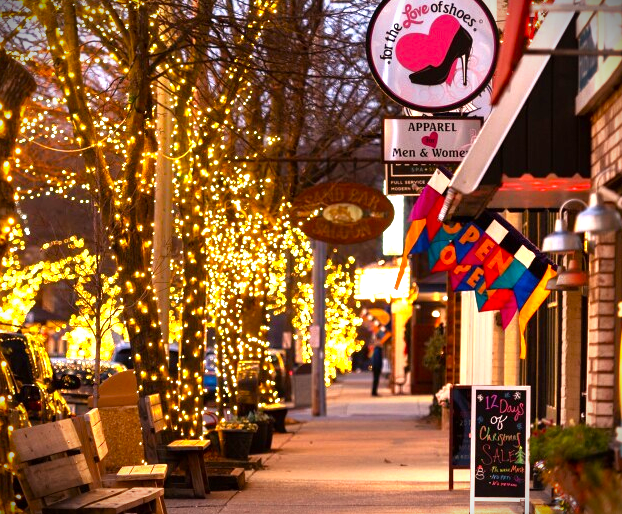
Last Stop for Vacation Rentals: Lakeshore Township Corrals STRs Into One Final Neighborhood
Lakeshore Township Draws a Line in the Sand: Short-Term Rentals Restricted to One Neighborhood
In a bold move that reshapes the future of vacation housing along Michigan’s scenic shoreline, Lakeshore Township has voted to dramatically restrict short-term rentals (STRs) to just one remaining neighborhood, marking a pivotal moment in the community’s years-long battle to define the place of Airbnb and VRBO-style accommodations.
Once a haven for lakeside escapes, the township has been gradually tightening the reins on STRs amid concerns about neighborhood character, housing affordability, and quality of life for full-time residents. This latest decision, made in a narrow township board vote, effectively redraws the rental map making a single designated neighborhood the last legal zone for such properties.
“This isn’t about pushing out tourists, it’s about preserving the essence of our community,” said Township Supervisor Marla Jensen. “We’ve listened to our residents. The goal is balance, not banishment.”
From Popular Getaway to Policy Flashpoint
Lakeshore Township has long attracted travelers with its postcard-perfect waterfront, but the influx of STRs has turned tranquil streets into transient hubs. Neighbors voiced growing frustrations over noise, trash, and the “hotelization” of residential areas. Some longtime locals say entire blocks were beginning to feel like revolving doors of out-of-town guests.
In response, the township has spent the past several years methodically reclassifying short-term rentals as a commercial business using an approach that requires stricter zoning and regulatory scrutiny. This latest vote represents the most decisive phase yet: a surgical winnowing of where STRs are permitted.
Winners, Losers, and the Future of Rental Rights
The surviving neighborhood, Ridgeview Shores, is a dense, resort-style enclave known for its proximity to public beach access and pre-existing vacation infrastructure. For homeowners there, the ruling could mean a windfall as demand for STR-eligible properties surges. But for those outside the zone, it’s a different story.
“Overnight, my property went from an investment to a liability,” said local resident and Airbnb host Kevin Miller, whose home now sits in a restricted zone. “It’s not just a zoning change, it’s a financial hit.”
Opponents of the measure warn of unintended consequences, including a rise in illegal rentals and legal battles over property rights. Meanwhile, housing advocates and full-time residents largely praised the move, hoping it will stem the tide of investor-owned properties and help stabilize the local housing market.
A Broader Bellwether
Lakeshore Township’s decision places it among a growing list of small towns across the U.S. attempting to reconcile tourism-driven economies with the needs of permanent residents. It also sets a precedent that other lakeside communities facing similar pressures may soon follow.
As summer approaches, Ridgeview Shores will likely see more bookings than ever. But across the rest of the township, a new era of quiet evenings, empty driveways, and reclaimed neighborhoods may be on the horizon.
For now, the township has made its stance clear: short-term rentals can stay but only in one last corner of paradise.


